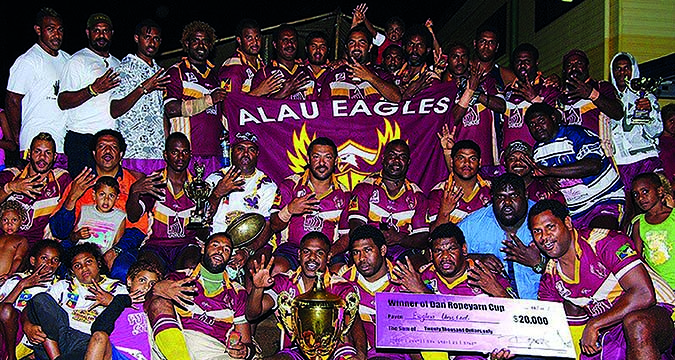 It puts a Thursday night trip across the M62 into perspective when you discover the lengths people have to go to in order to enjoy Rugby League in Far North Queensland.
In more normal times than these, we can take heading to a Rugby League game for granted.
We are spoiled for choice when it comes to public transport getting us to and from the
It puts a Thursday night trip across the M62 into perspective when you discover the lengths people have to go to in order to enjoy Rugby League in Far North Queensland.
In more normal times than these, we can take heading to a Rugby League game for granted.
We are spoiled for choice when it comes to public transport getting us to and from the Where (Alau) Eagles Dare
 It puts a Thursday night trip across the M62 into perspective when you discover the lengths people have to go to in order to enjoy Rugby League in Far North Queensland.
In more normal times than these, we can take heading to a Rugby League game for granted.
We are spoiled for choice when it comes to public transport getting us to and from the
It puts a Thursday night trip across the M62 into perspective when you discover the lengths people have to go to in order to enjoy Rugby League in Far North Queensland.
In more normal times than these, we can take heading to a Rugby League game for granted.
We are spoiled for choice when it comes to public transport getting us to and from the 